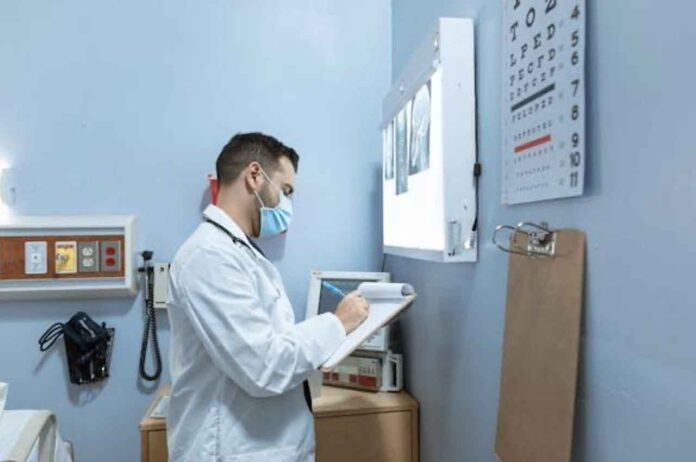Medical records play a crucial role in establishing the legitimacy of a medical malpractice claim. Documenting a patient’s medical history, treatments, and outcomes provides the necessary evidence to support allegations of negligence. That is exactly why the Freidin Brown P.A. law firm emphasizes the importance of thorough and accurate medical records when building a strong case.
1. Establishing the Standard of Care
The standard of care refers to the level and type of care an ordinary, prudent healthcare professional with similar training and experience would provide under similar circumstances. Medical records are instrumental in establishing this standard. They include detailed notes on the patient’s symptoms, diagnoses, treatment plans, and the healthcare provider’s actions.
The meticulous documentation of each step in the treatment process helps create a clear picture of what was done and whether it aligns with what is generally expected in the medical community. This comparison is essential in identifying negligence and proving that the harm suffered was a result of substandard care.
2. Demonstrating Causation
Causation is a critical element in a medical malpractice case. It shows that the healthcare provider’s deviation from the standard of care directly caused the patient’s injury or harm. Medical records are indispensable in demonstrating causation as they provide a chronological account of the patient’s condition and how it evolved following the treatment.
Detailed records make it possible to trace the sequence of events and link the healthcare provider’s actions (or inactions) to the patient’s adverse outcome. This linkage is crucial for establishing that the injury was not a result of the patient’s pre-existing condition or other factors but was directly caused by the healthcare provider’s negligence.
3. Supporting Expert Testimony
Expert testimony is often required in medical malpractice cases to explain complex medical issues to the court. Medical experts rely heavily on patients’ medical records to form their opinions and provide testimony. These records offer a factual basis for the expert’s analysis and conclusions.
The expert will review the medical records to identify deviations from the standard of care and assess how these deviations contributed to the patient’s harm. Their testimony, supported by the detailed information in the medical records, helps substantiate the claims of negligence and causation, making the case more compelling.
4. Providing a Basis for Settlement Negotiations
In many cases, medical malpractice claims are settled out of court. Medical records play a crucial role in these negotiations. They provide clear evidence of the harm suffered and the healthcare provider’s role in causing that harm. This documentation can be used to persuade the defendant or their insurance company to agree to a fair settlement.
Having comprehensive medical records strengthens your position in negotiations, as it shows that you have a solid case supported by concrete evidence. This can lead to a more favorable settlement offer, potentially avoiding the need for a lengthy and costly trial.
5. Ensuring a Thorough Investigation
A thorough investigation is necessary to build a strong medical malpractice case. Medical records are a primary source of information for this investigation. They help identify potential witnesses, such as nurses, technicians, and other healthcare providers who were involved in the patient’s care.
These records also assist in uncovering patterns of negligence or substandard care. For instance, if the same healthcare provider has multiple malpractice claims, medical records can reveal similarities in the cases, strengthening the argument that the provider consistently fails to meet the standard of care.
6. Protecting Against Memory Bias
Human memory can be unreliable, especially when recalling detailed medical information over an extended period. Medical records serve as an objective and accurate record of the patient’s care, free from the biases and inaccuracies that can affect human recollection.
In court, these records provide a reliable source of information that can be used to corroborate witness testimony and counter any discrepancies that arise from faulty memories. This reliability is crucial for establishing a clear and consistent narrative of the events leading to the patient’s injury.
Conclusion
Medical records are indispensable in proving a medical malpractice case. They establish the standard of care, demonstrate causation, support expert testimony, and provide a basis for settlement negotiations. These records ensure a thorough investigation, protect against memory bias, document the extent of damages, build credibility with the court, facilitate legal review, and ensure compliance with legal standards. By understanding the critical role that medical records play, you can better prepare your case and increase your chances of achieving a successful outcome.







